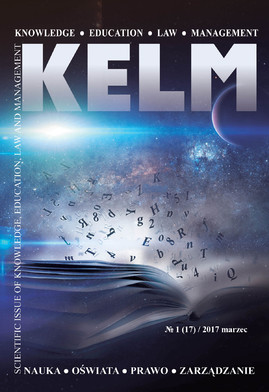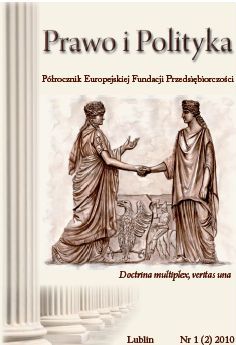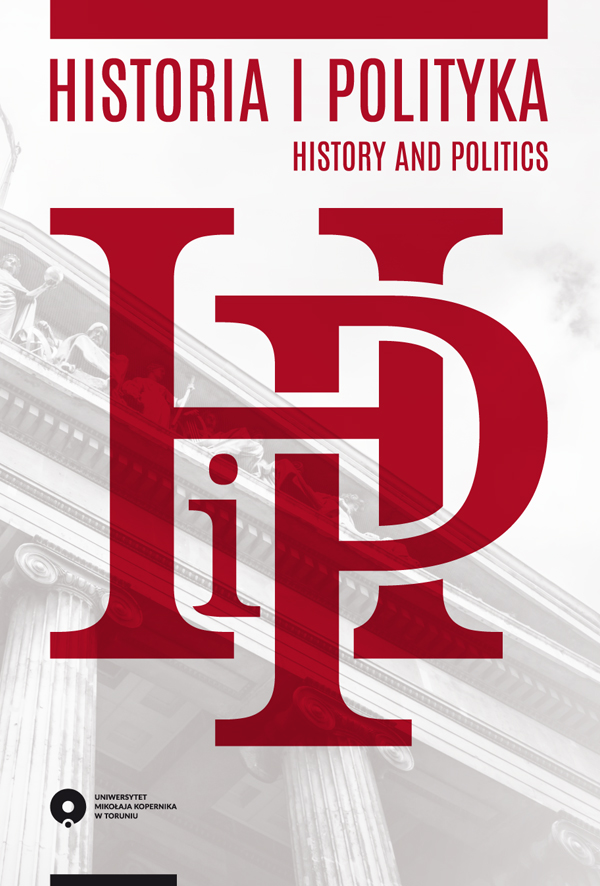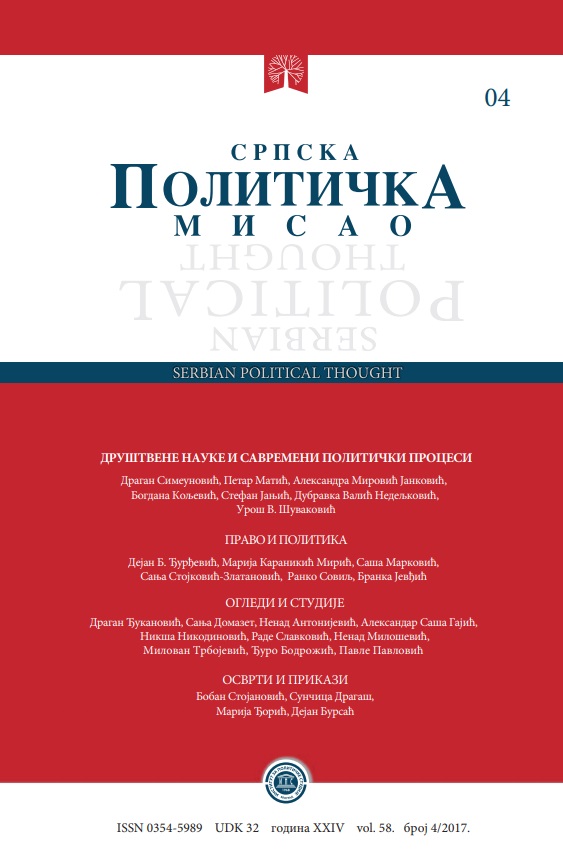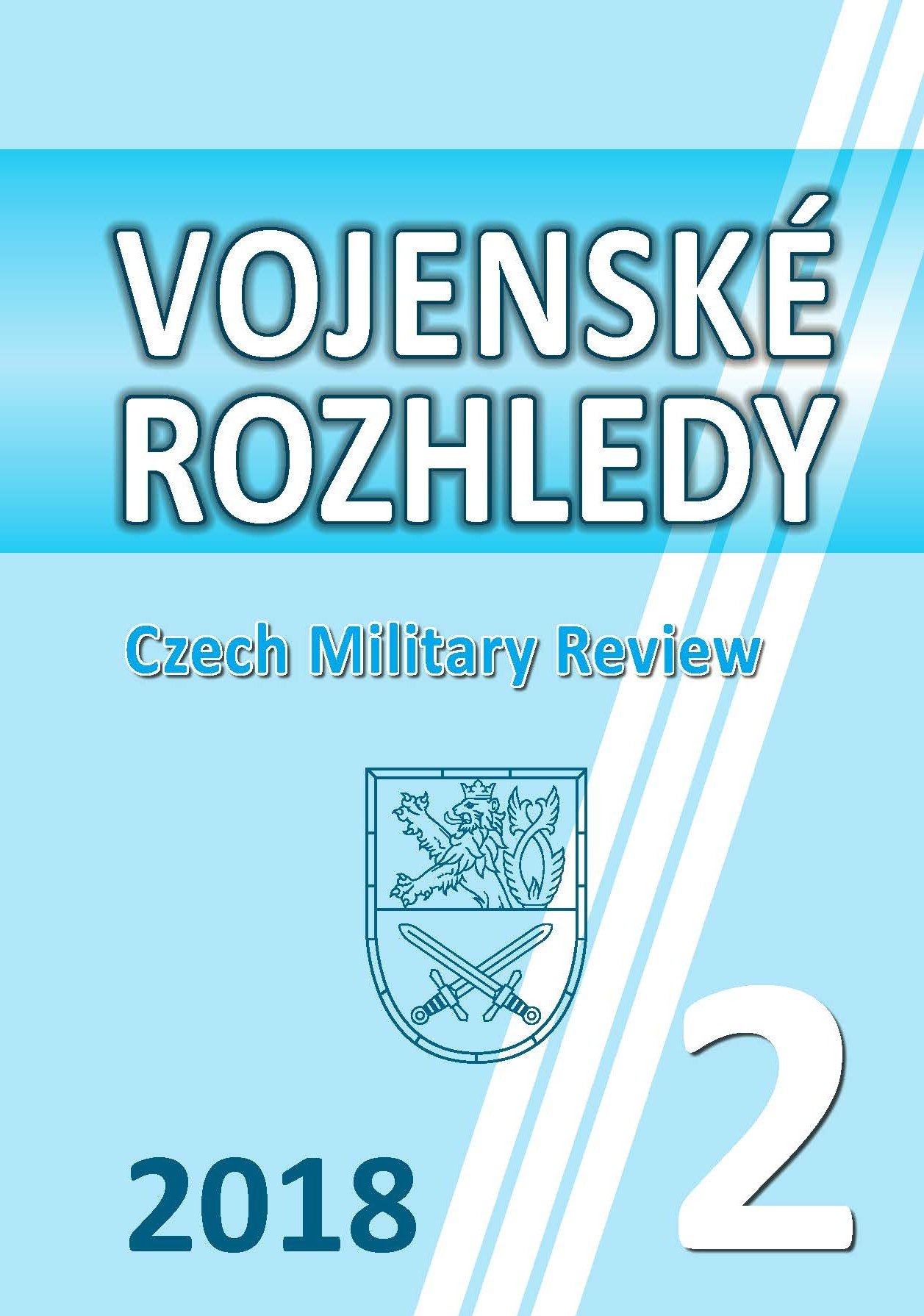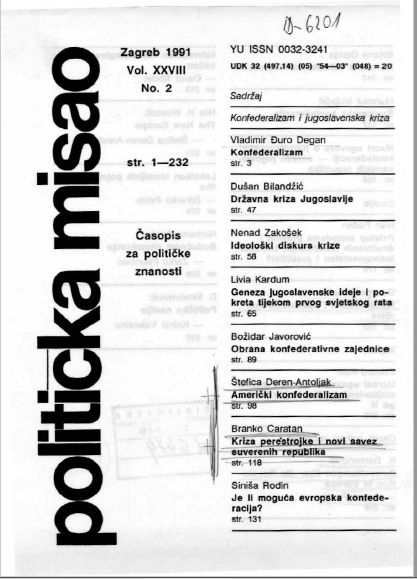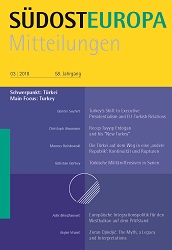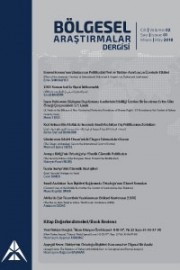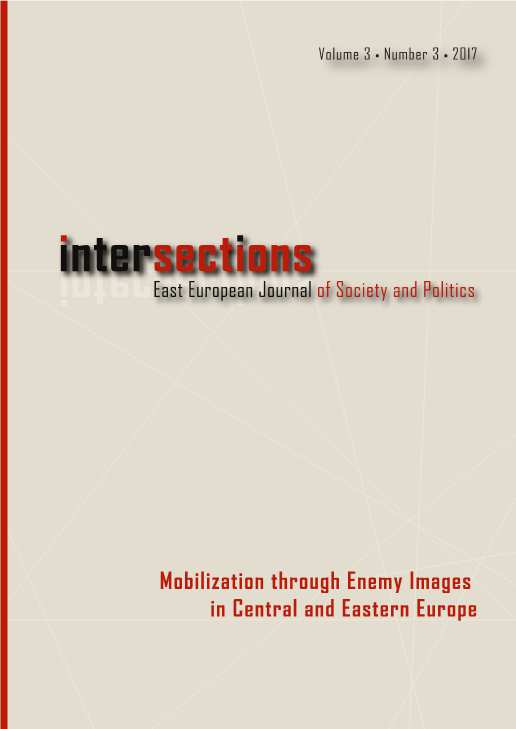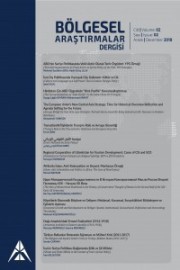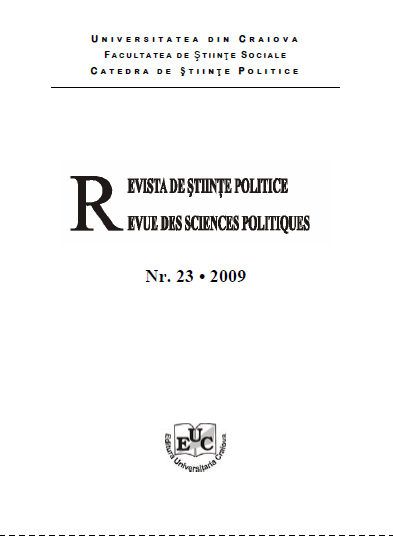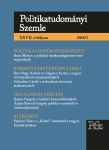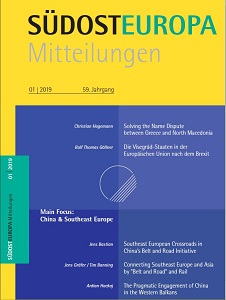ПИТАЊЕ БРОЈА НАРОДНИХ ПОСЛАНИКА
The author examines different formulas for deciding on a number of the members of the parliament (MPs) in contemporary states, and proposes that certain formulas indicate strength of federation. As a result of rich comparative analysis he claims that increase in numbers of the MPs usually reflects population growth, or an effort to strengthen and expand functions of the parliament and of the MPs. Decrease in number of the MPs typically comes as an attempt to control or reduce the costs of the state functioning. Finally, the author sees correlation between the number of the MPs and the quality and quantity of democracy in any given country. Finally the author examines experience of Serbia and suggests rethinking of its MPs number.
More...

